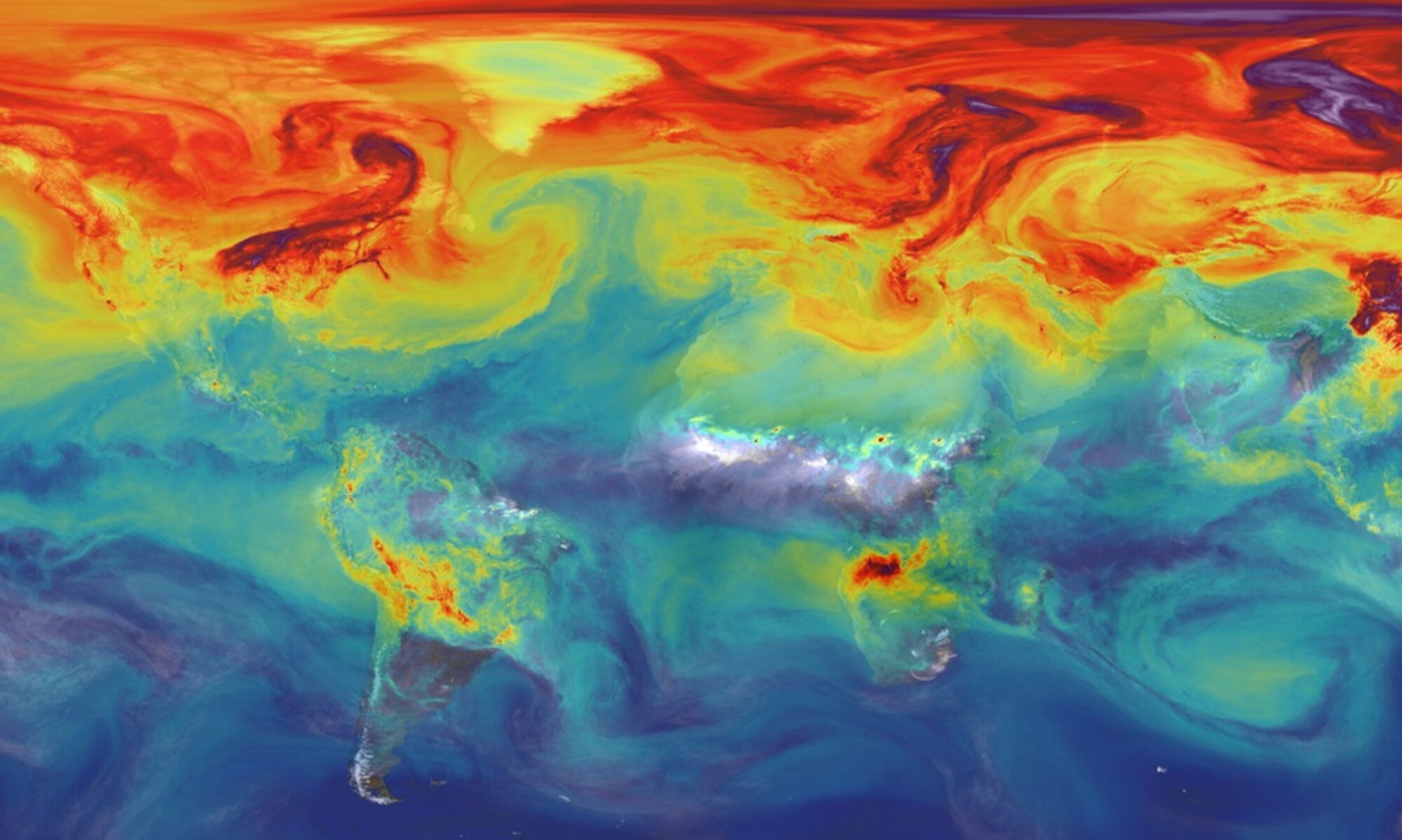Question: What does the air quality index measure, and what values correspond to ‘good’ air quality? – T.L., Manila, Philippines
Answer: Good question! The Air Quality Index (AQI) is calculated based on the concentrations of different pollutants in the air, including atmospheric particulate matter, ozone, carbon monoxide, sulfur dioxide, and nitrogen dioxide. According to the U.S. EPA, an AQI of 0-50 corresponds to “good” air quality. AQI of 51-100 is “moderate.” When AQI is 101-150, the conditions are “unhealthy for sensitive groups” such as asthmatics, children, and the elderly. AQI of above 151 is considered unhealthy for everyone.
